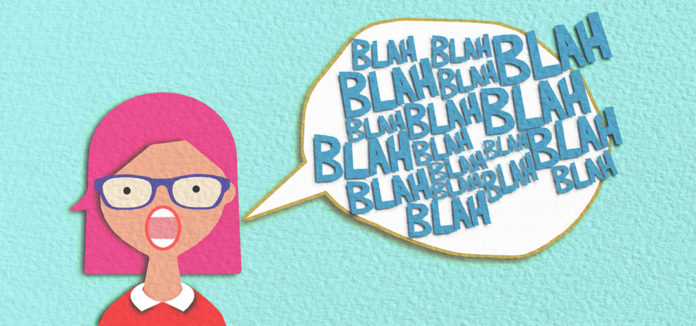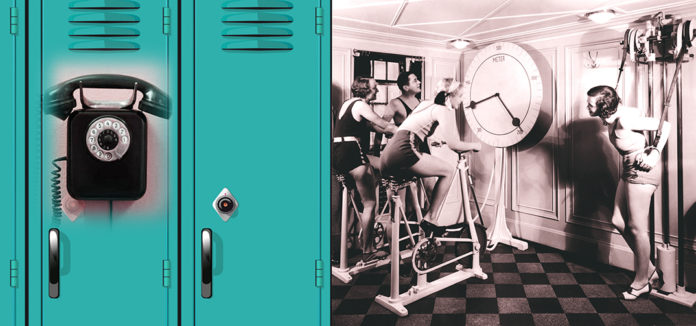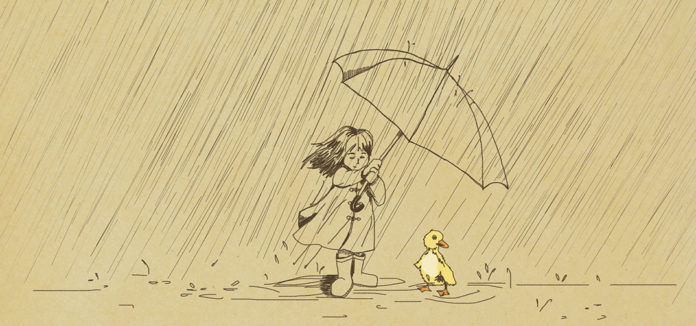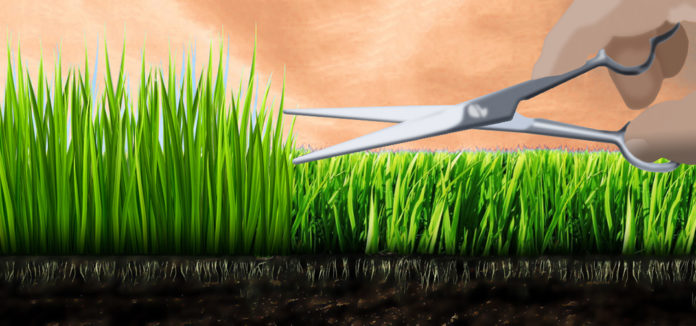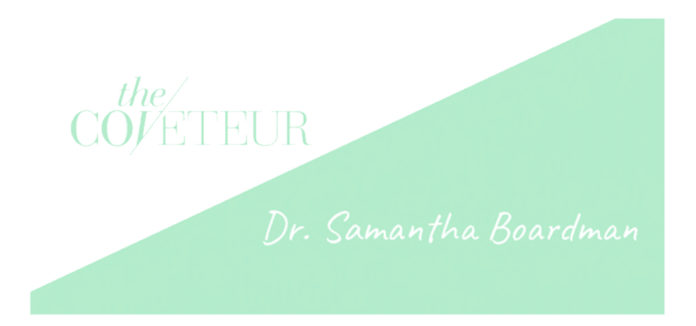I may listen for a living but, like most people, I can become a Chatty Cathy very quickly. Talking a lot is tempting but it can also be toxic.
An article by Dr. Mark Goulston, provides some practical advice on when to talk and when to zip it. He recommends obeying the Traffic Light Rule:
“In the first 20 seconds of talking, your light is green: your listener is liking you, as long as your statement is relevant to the conversation and hopefully in service of the other person. But unless you are an extremely gifted raconteur, people who talk for more than roughly half minute at a time are boring and often perceived as too chatty. So the light turns yellow for the next 20 seconds — now the risk is increasing that the other person is beginning to lose interest or think you’re long-winded.
At the 40-second mark, your light is red. Yes, there’s an occasional time you want to run that red light and keep talking, but the vast majority of the time, you’d better stop or you’re in danger.”
If you’re not good at keeping time, pay attention to your partner’s eyes. If they’re rolling it’s probably a sign to stop talking.
Following the Traffic Light Rule is challenging – trust me, I’m working on it, too.
As the old saying goes:
There are two kinds of people who don’t say much: those who are quiet and those who talk a lot.
I wish you all the best,
Dr. Samantha Boardman

